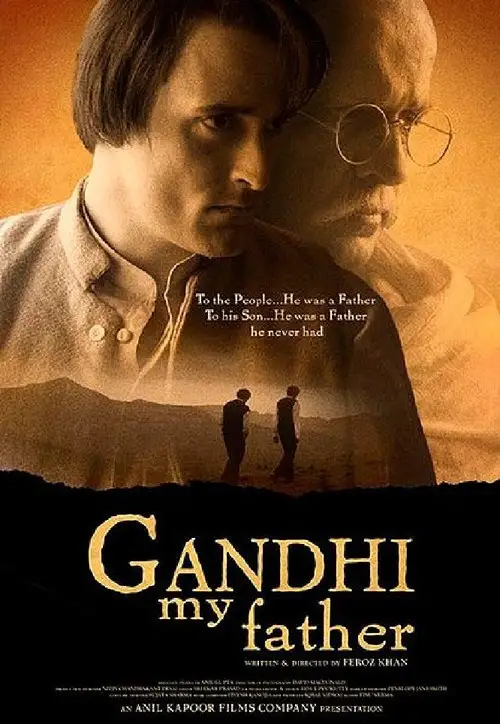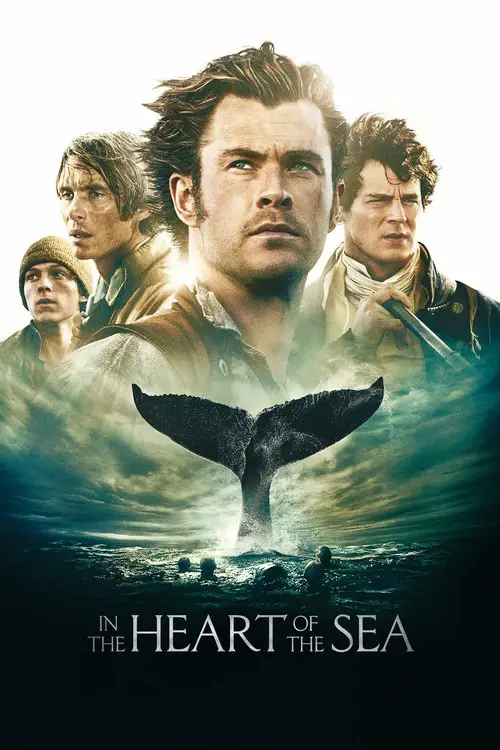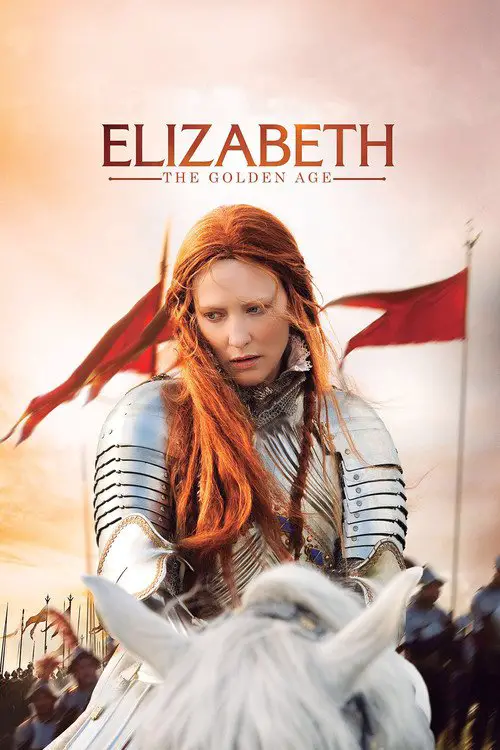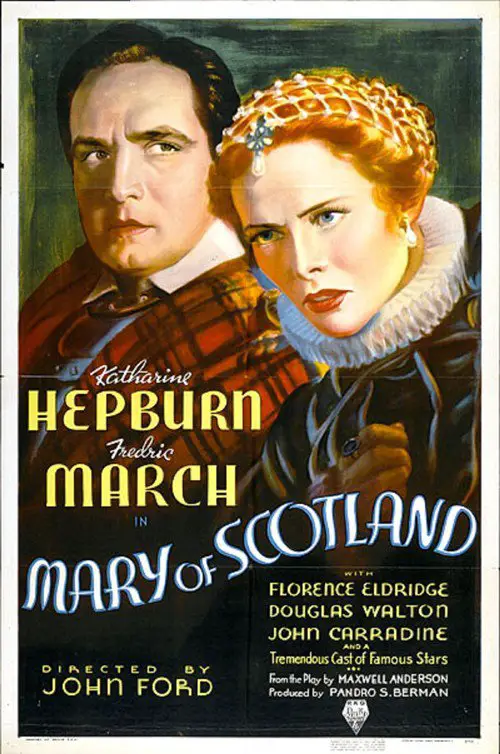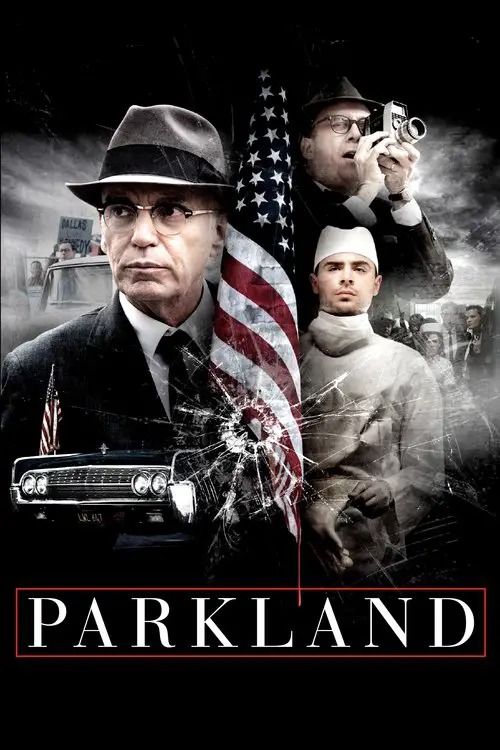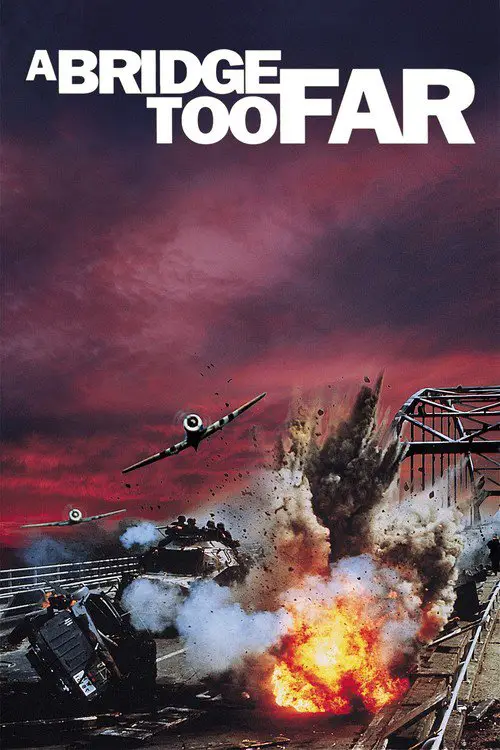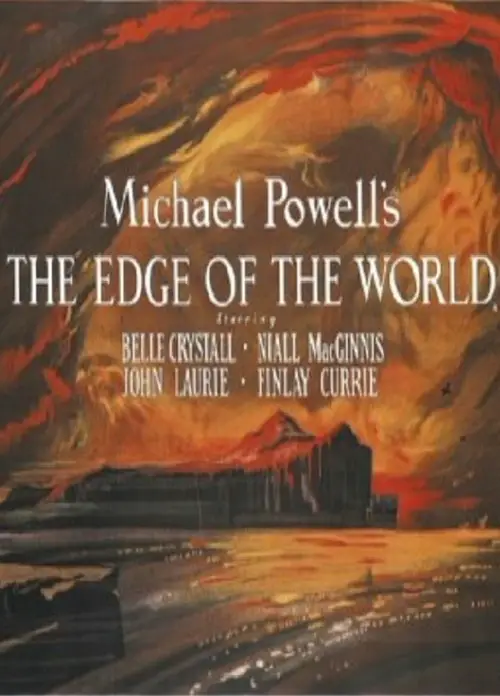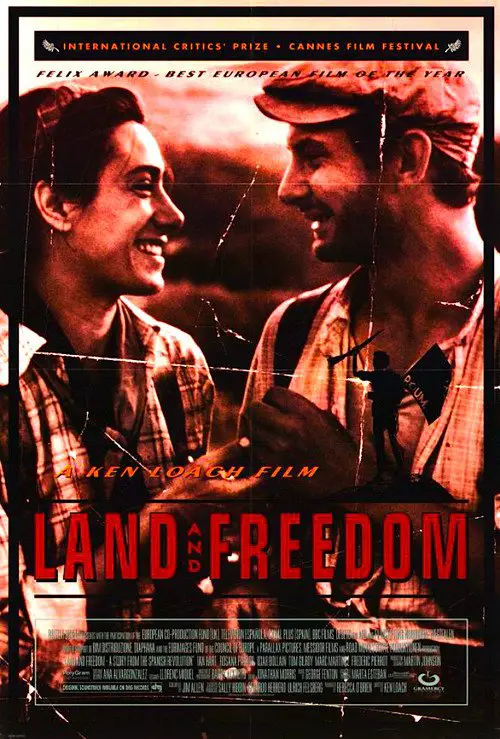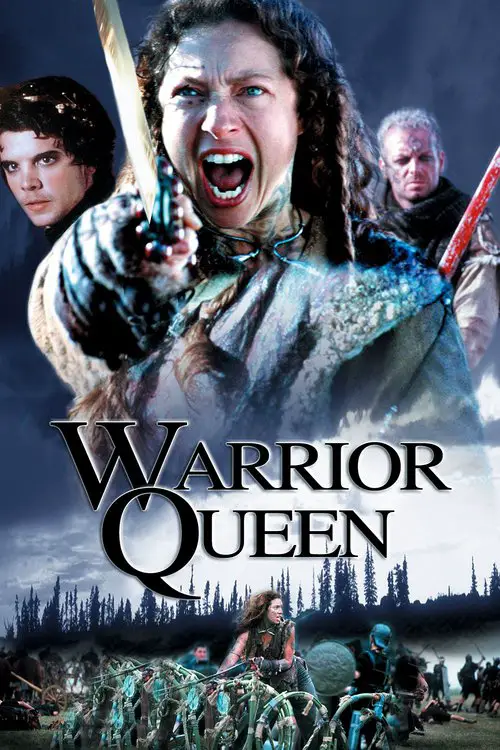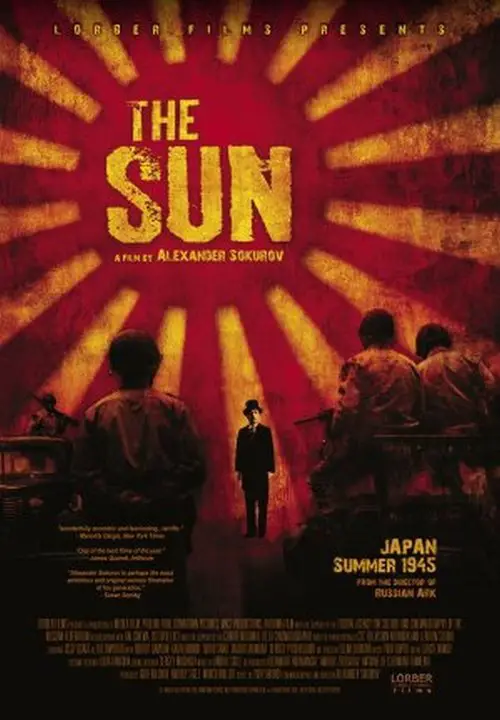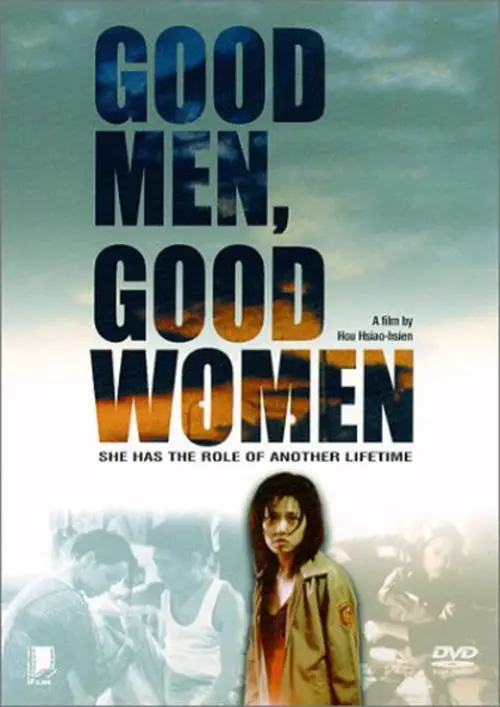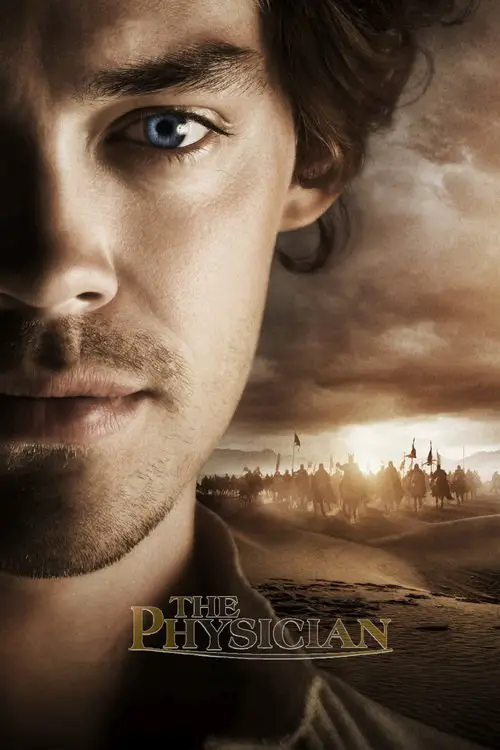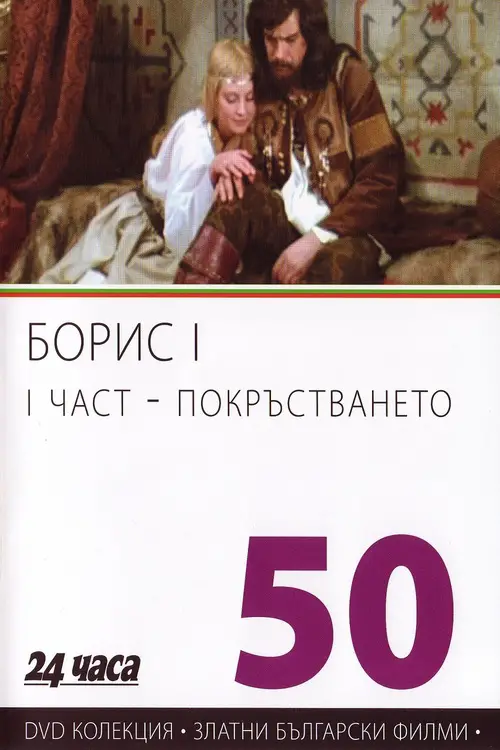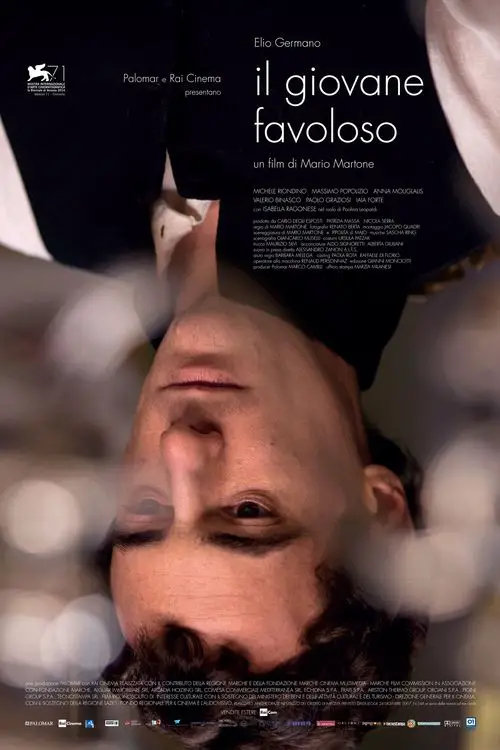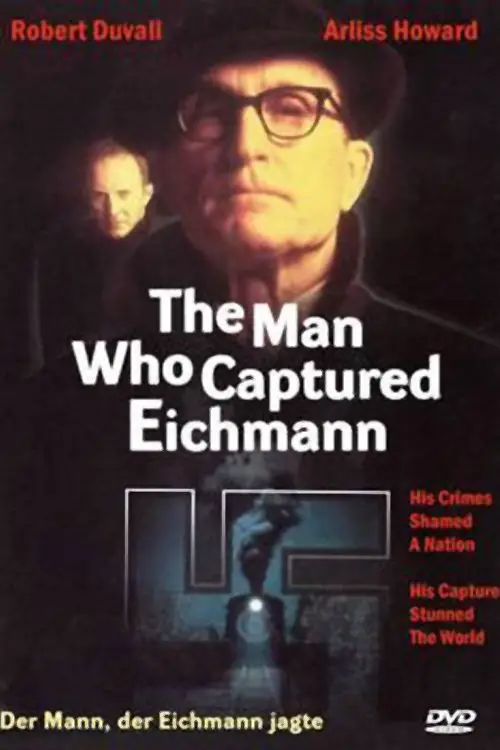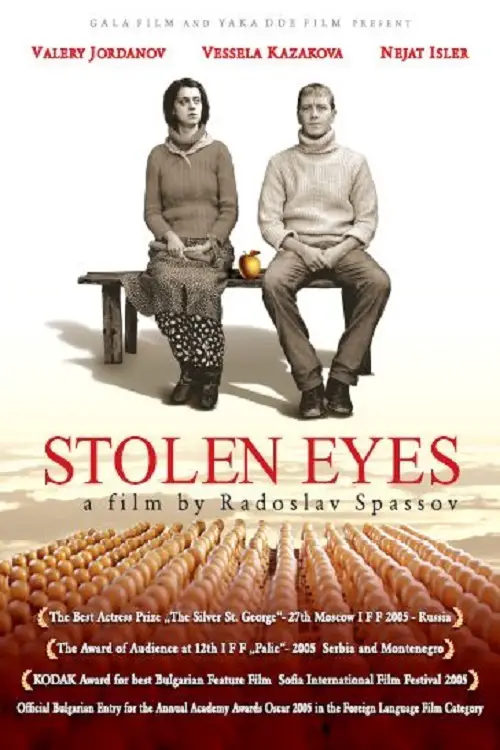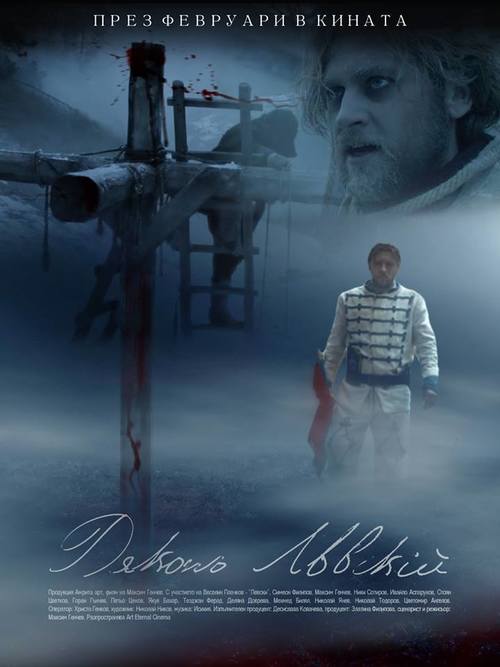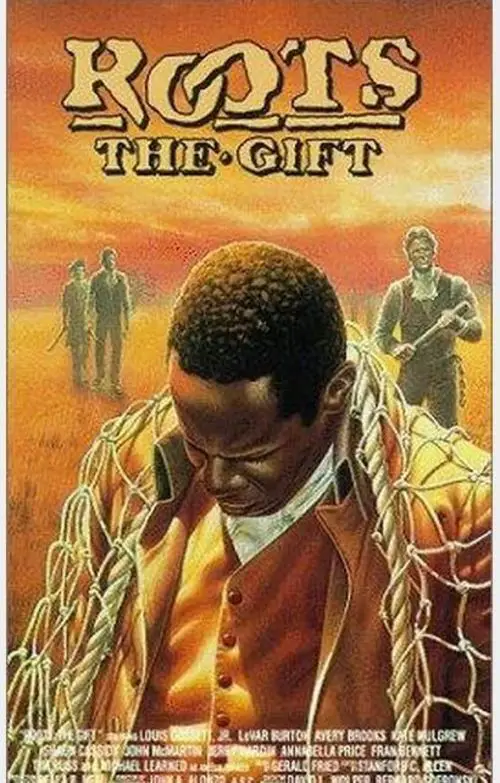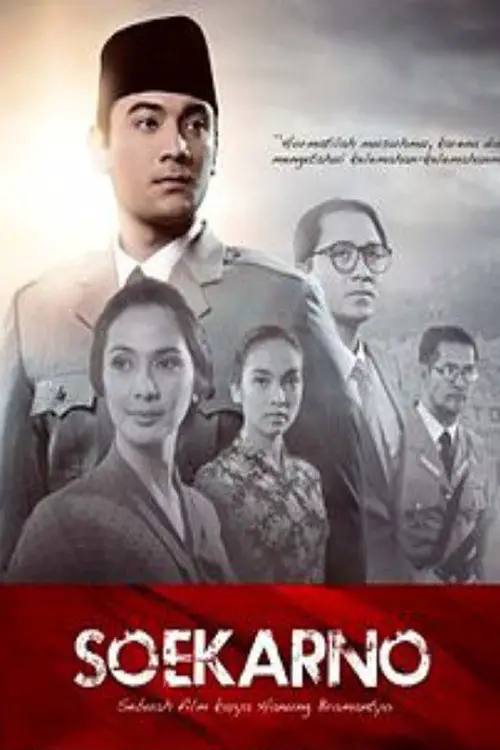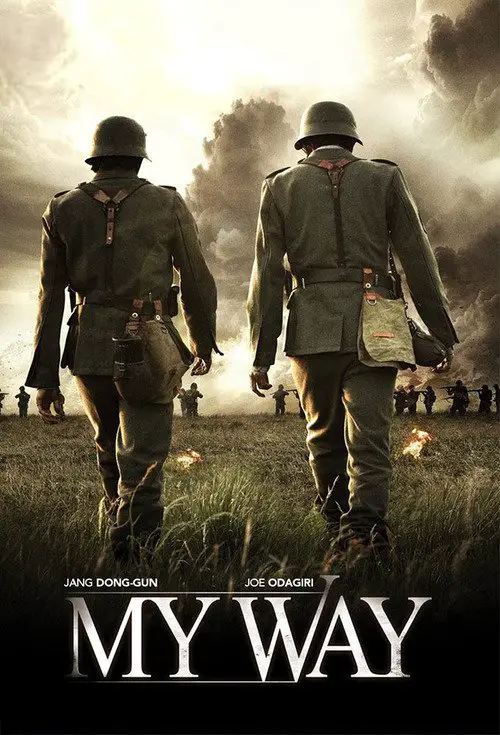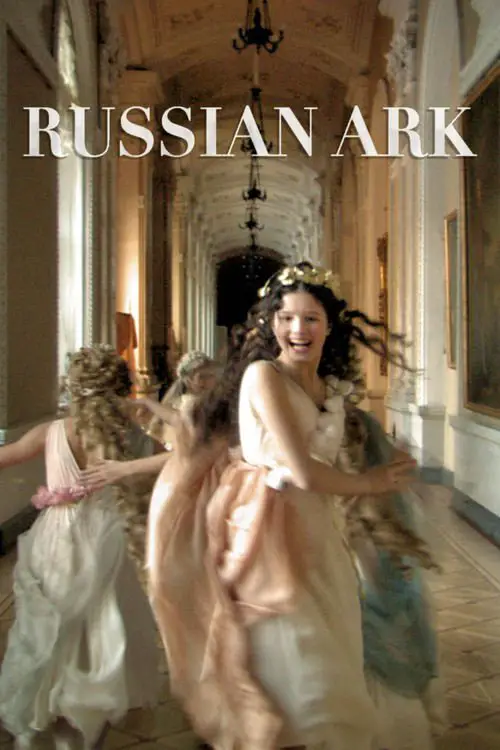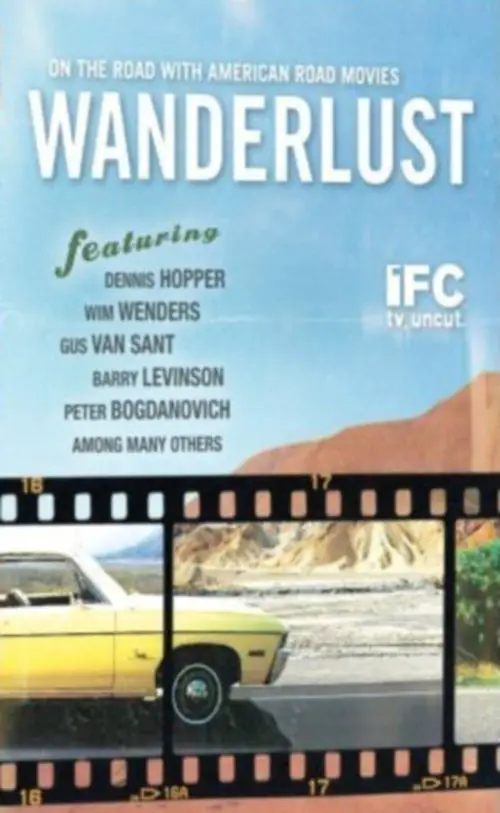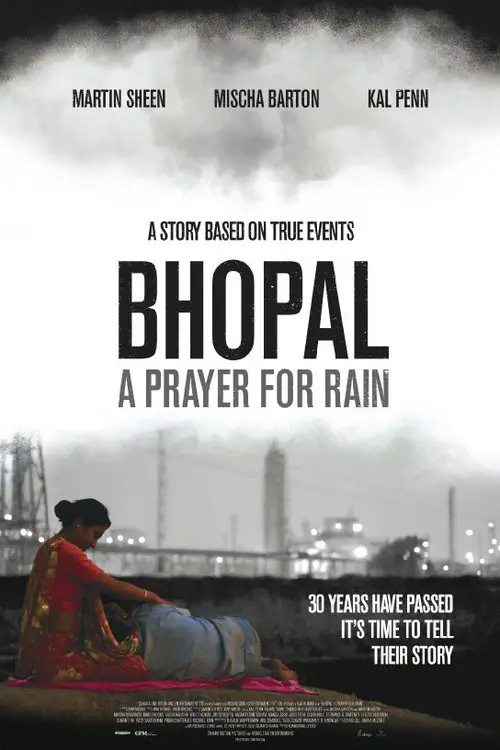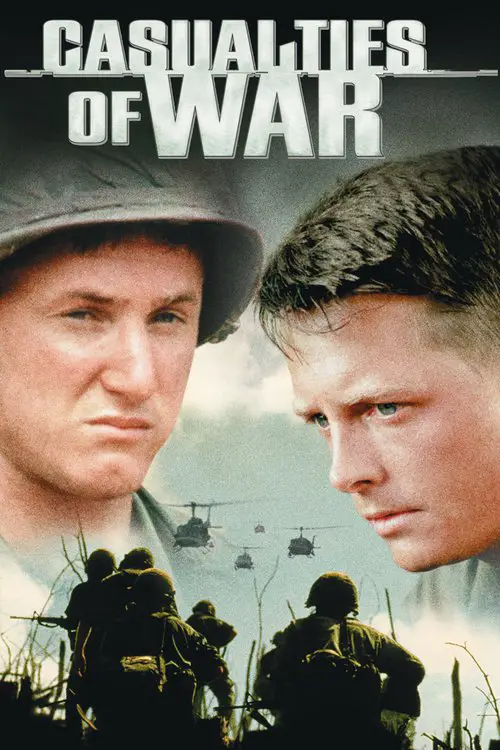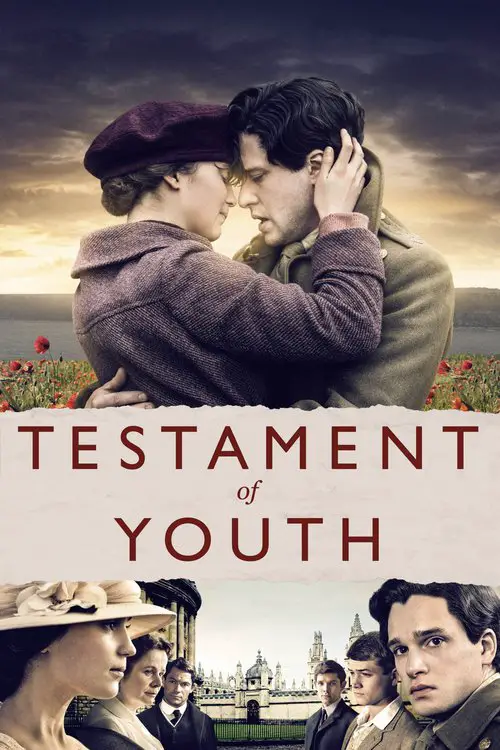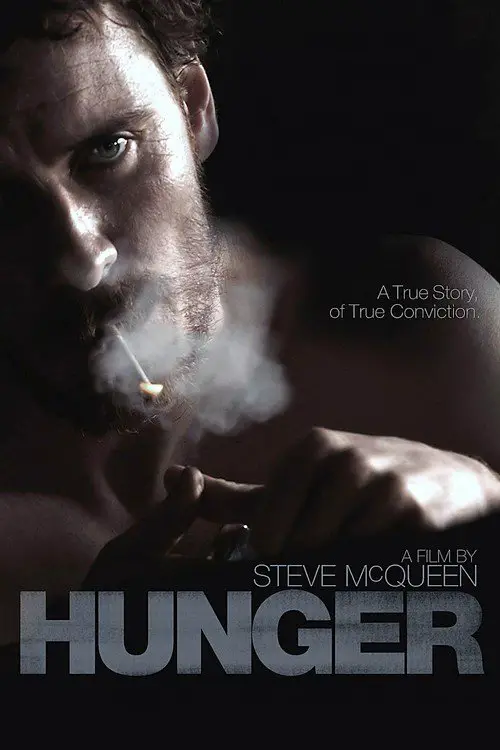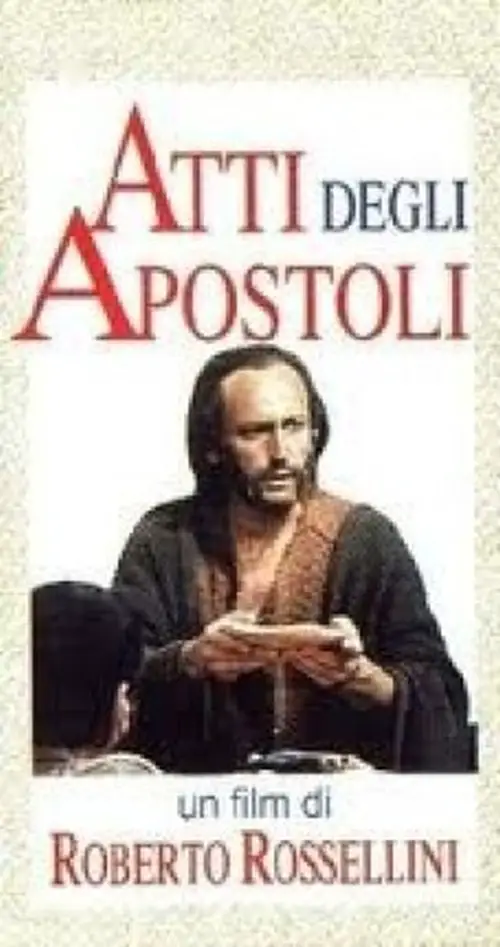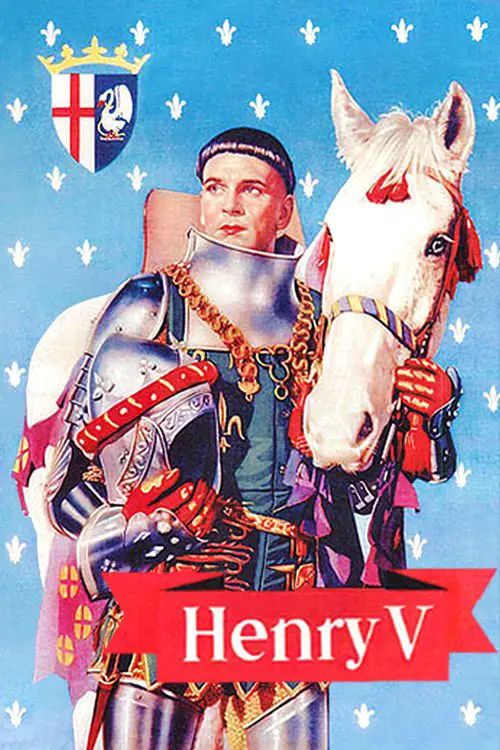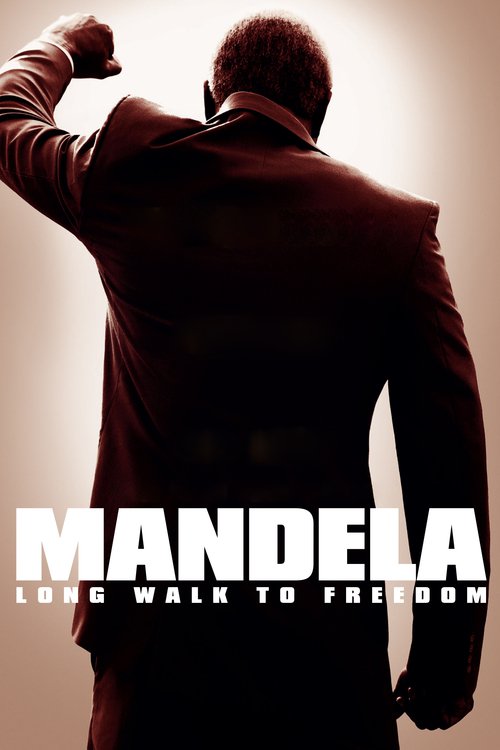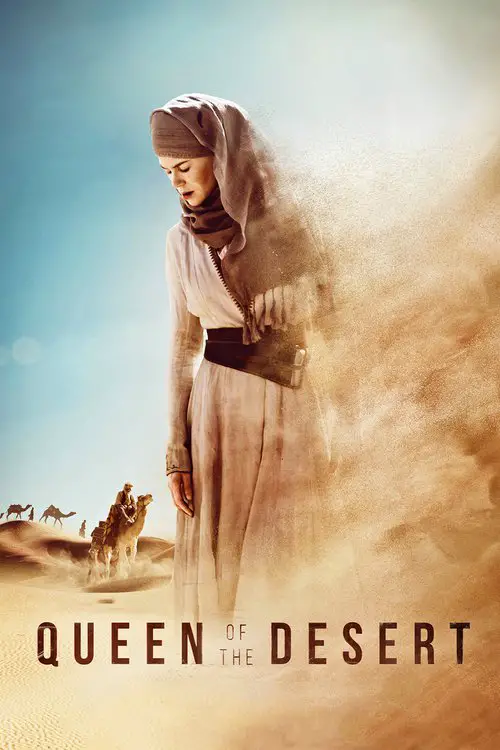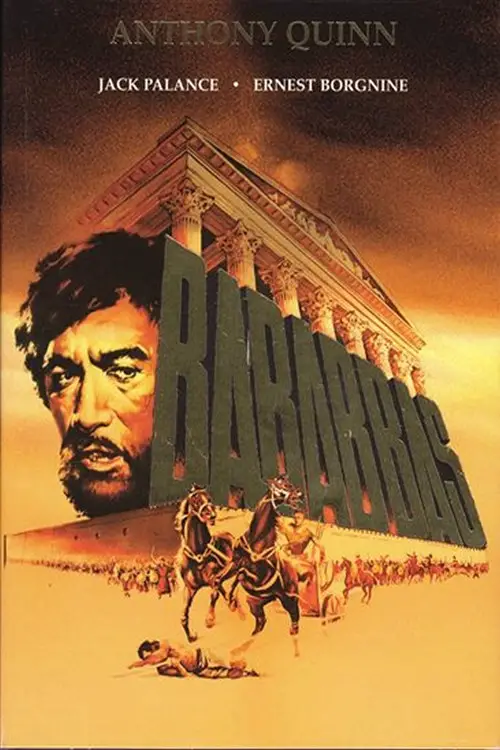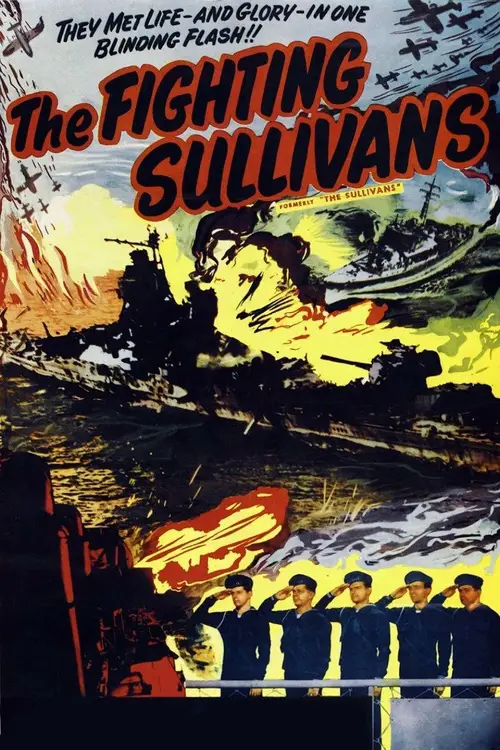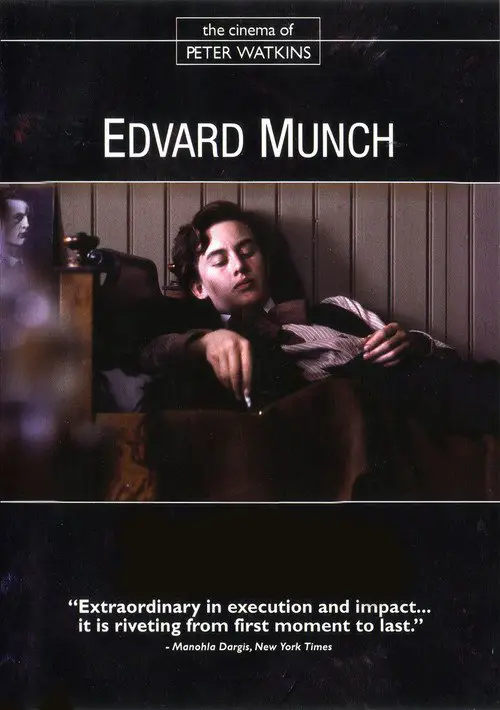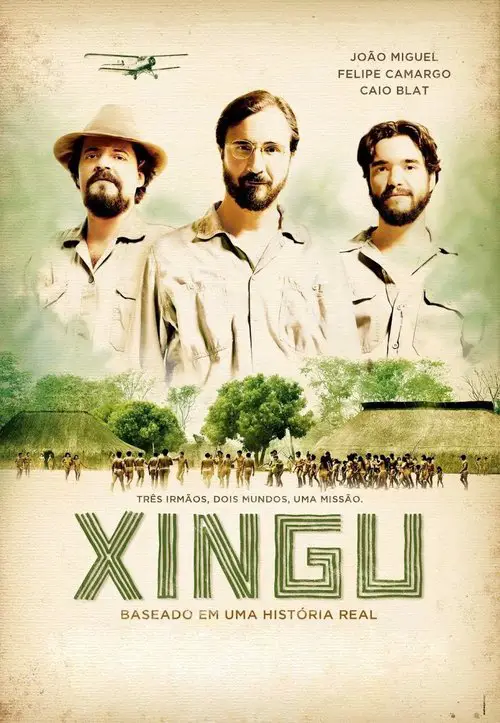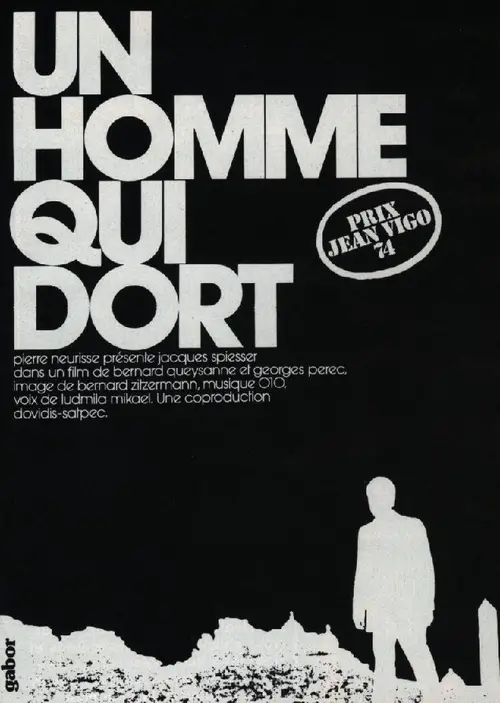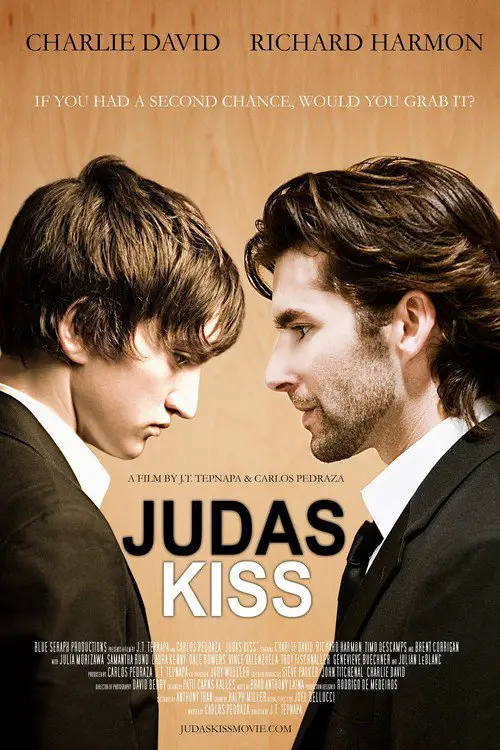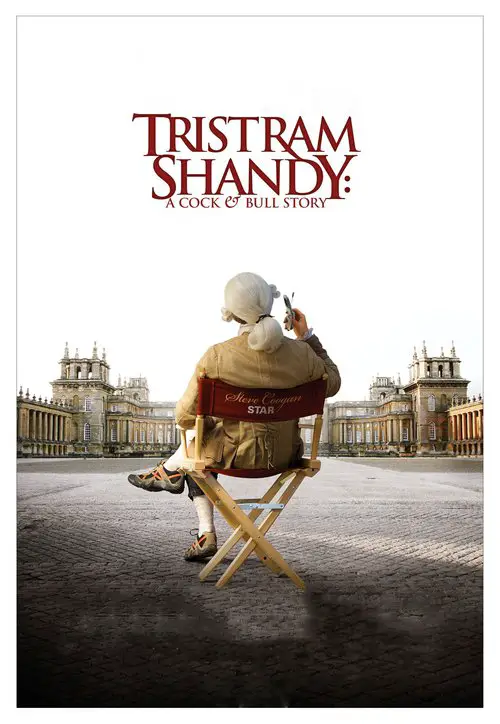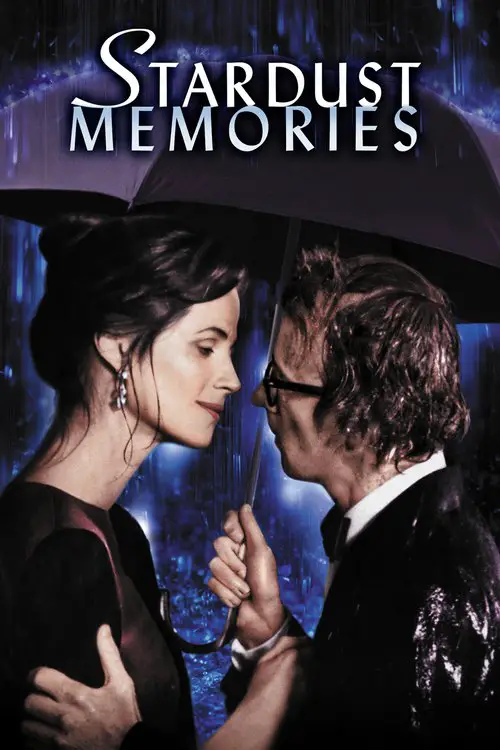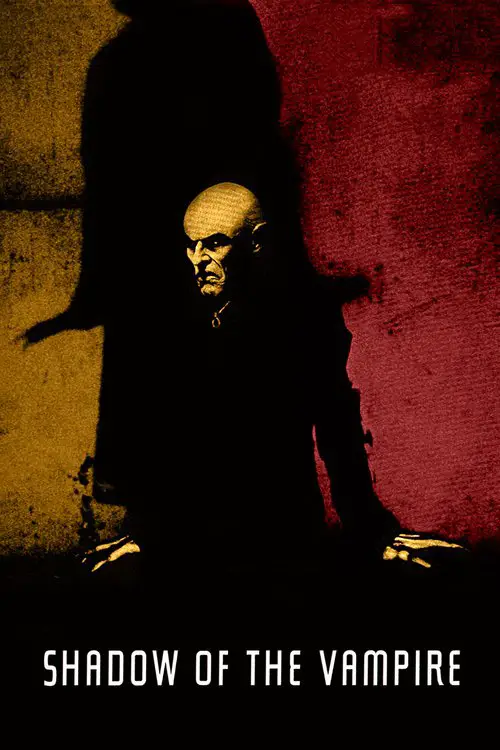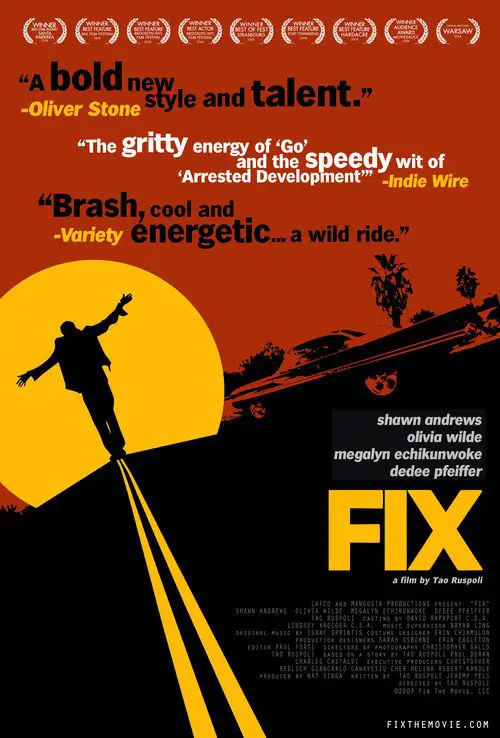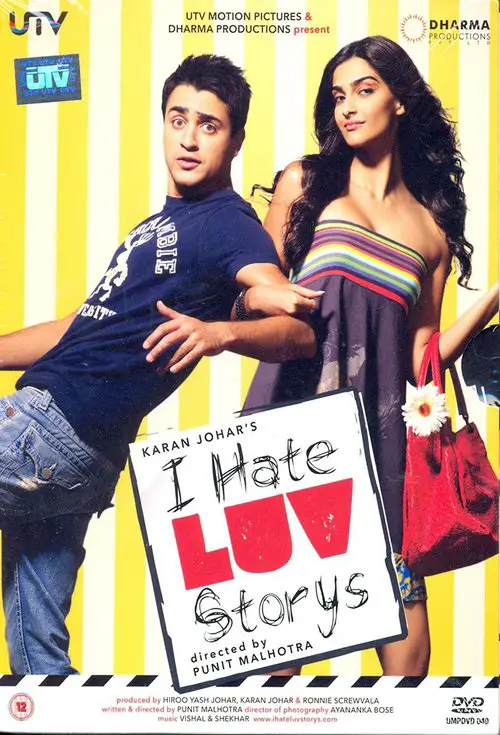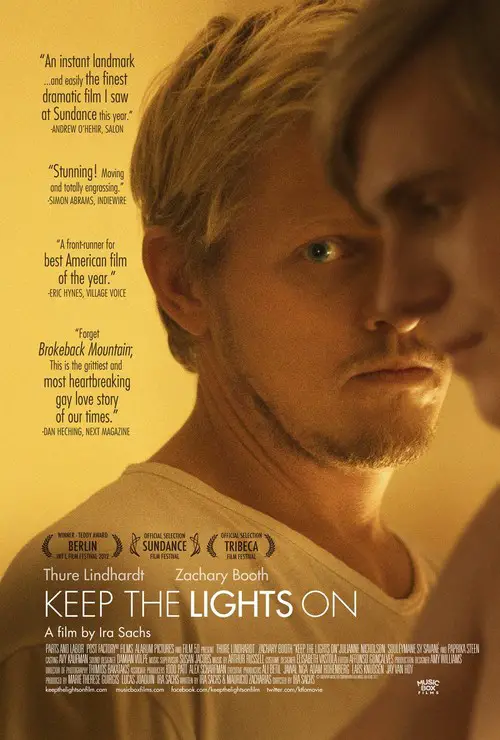Khan Asparukh - Part I - Phanagoria (1981)
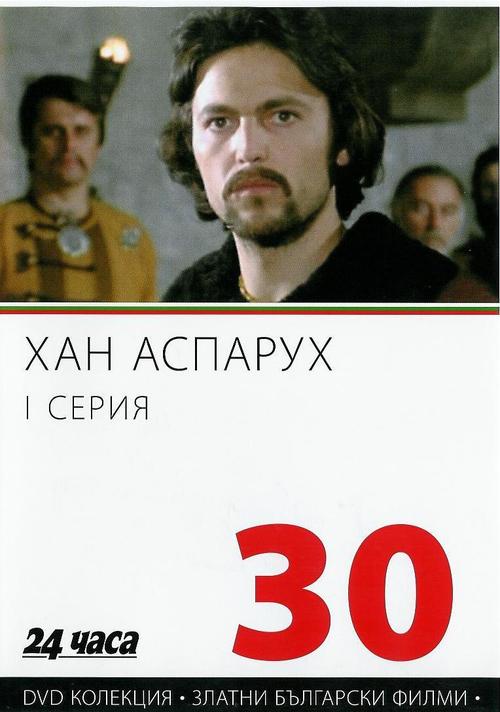
Similar movies
The film is a historical drama set during the reign of Elizabeth I (Flora Robson), focusing on the English defeat of the Spanish Armada, whence the title. In 1588, relations between Spain and England are at the breaking point. With the support of Queen Elizabeth I, British sea raiders such as Sir Francis Drake regularly capture Spanish merchantmen bringing gold from the New World.
In the winter of 1820, the New England whaling ship Essex was assaulted by something no one could believe: a whale of mammoth size and will, and an almost human sense of vengeance. The real-life maritime disaster would inspire Herman Melvilleâs Moby Dick. But that told only half the story. âHeart of the Seaâ reveals the encounterâs harrowing aftermath, as the shipâs surviving crew is pushed to their limits and forced to do the unthinkable to stay alive. Braving storms, starvation, panic and despair, the men will call into question their deepest beliefs, from the value of their lives to the morality of their trade, as their captain searches for direction on the open sea and his first mate still seeks to bring the great whale down.
November 22nd, 1963 was a day that changed the world forever â when young American President John F. Kennedy was assassinated in Dallas, Texas. This film follows, almost in real time, a handful of individuals forced to make split-second decisions after an event that would change their lives and forever alter the worldâs landscape.
Tells the story of operation Market Garden. A failed attempt by the allies in the latter stages of WWII to end the war quickly by securing three bridges in Holland allowing access over the Rhine into Germany. A combination of poor allied intelligence and the presence of two crack German panzer divisions meant that the final part of this operation (the bridge in Arnhem over the Rhine) was doomed to failure.
The film narrates the love between Janaina and a native warrior who, when dying, takes the form of a bird. For six centuries, the story of the couple survives through four stages in the history of Brazil: 1500, when the country was discovered by the Portuguese explorers, 1800, in events during slavery; 1970, during the high point of the military dictatorship, and 2096, when there will be a war over water.
The movie narrates the story of David Carr, an unemployed worker and member of the Communist Party of Great Britain. In 1936 he decides to fight for the Republican side in the Spanish Civil War, an anti-fascist coalition of liberals, communists and anarchists. Similar to George Orwell's experiences documented in Homage to Catalonia, he joins the POUM worker militia and witnesses first hand the betrayal of the Spanish revolution by the Stalinists, loyal only to the dictat of Moscow.
The Celtic queen who shook the Roman Empire. Boudica is one of historyâs first and fiercest women warriors. Sickened by ceaseless war, the king of the Iceni accepts a treaty with the Romans in exchange for his tribeâs continued independence. But oppressively high taxes impoverish the tribe and soon the Romans want something more â slaves. Refusing to submit, the Romans, led by the greedy and psychotic Emperor Nero, move to crush the Iceni and control their lands. Drawing on the strength of her warriors, mystical druidic powers, and her own pain, Boudica unites the historically fractious tribes of Briton to unleash a stunning onslaught on the Roman colonial camps. The ferocity of Boudicaâs attacks will shake the foundations of the Roman empire and make her a legend.
The Sun (Russian: СóлнÑе, Solntse) is a 2005 Russian biographical film depicting Japanese Emperor ShÅwa (Hirohito) during the final days of World War II. The film is the third drama in director Aleksandr Sokurov's trilogy, which included Taurus about the Soviet Union's Vladimir Lenin and Moloch about Nazi Germany's Adolf Hitler.
Intended as the concluding film in the trilogy on the modern history of Taiwan began with Beiqing Chengshi (1989), this film reveals the story through three levels: a film within a film as well as the past and present as linked by a young woman, Liang Ching. She is being persecuted by an anonymous man who calls her repeatedly but does not speak. He has stolen her diary and faxes her pages daily. Liang is also rehearsing for a new film that is due to go into production soon. The film, entitled Haonan Haonu, is about a couple Chiang Bi-yu and Chung Hao-tung who returns to China to participate in the anti-Japanese movement in China in the 1940s and are arrested as communists when they go back to Taiwan.
The story of Rob Cole, a boy who is left a penniless orphan in an 11th-century English mining town when his mother dies of a mysterious illness. Vowing to become a physician and vanquish Death itself, he travels to Isfahan in Persia to study medicine under the great Ibn Sina. Through countless ordeals and challenges, and making many sacrifices along the way, he struggles on unwaveringly. His unflagging quest for knowledge leads to the blossoming of friendship and true love.
In eighteenth-dynasty Egypt, Sinuhe, a poor orphan, becomes a brilliant physician and with his friend Horemheb is appointed to the service of the new Pharoah. Sinuhe's personal triumphs and tragedies are played against the larger canvas of the turbulent events of the 18th dynasty. As Sinuhe is drawn into court intrigues he learns the answers to the questions he has sought since his birth.
The historical recreation of the 1942 Wannsee Conference, in which Nazi and SS leaders gathered in a Berlin suburb to discuss the "Final Solution to the Jewish Question". Lead by SS-General Reinhard Heydrich, this group of high ranking German officials came to the historic and far reaching decision that the Jews of Europe were to be exterminated in what would come to be known as the Holocaust.
The picture features the life and deeds of Boris I - strong historic personality, which completes his mission to the full and at the end of his life receives holy orders. Prince Boris I is ruling in the late 9th century. In his youth, he, the brilliant statesman and diplomat, is experiencing heavy defeats in the wars he wages against his neighbors. Nonetheless, he manages not to cede any territories to the enemies. Under his rule, Bulgaria breaks with paganism and joins the Christian community, paying an exorbitant price, a heavy death toll, but there is no other way. The adoption of Christianity in 864 was a historical event of great significance. It guaranteed Boris I much need peace with the Eastern Roman Empire and allowed him to merge the numerous tribes inhabiting the country into a unified nationality and later to found a state. Boris I introduced the Slav script, thus turning Bulgaria into the cradle of Slav culture.
Set in 1960, the story follows the efforts of the Mossad, the Israeli Secret Service, to find former SS Colonel Adolf Eichmann, who ran from Germany to Argentina and took the name Ricardo Clement. He was wanted for the murders of both Europeans and Jews during the Holocaust. Learning of Eichmann's living in Argentina, the Mossad sends a team to capture him, led by agent Peter Malkin. The standing order: bring Eichmann back alive to Israel for trial.
This is a story of strange, impossible, inexplicable love between a Muslim Turk woman and a non-Muslim Bulgarian man. Ivan (the Bulgarian) is a pure and romantic young fellow, who gets caught up in the so-called "regeneration process" (when ethnic Turks' names were forcibly changed to Bulgarian ones). He is responsible for the official seals, which is required to issue the new identity documents after the forced name changes. The schoolteacher Ayten tries to steal the seals, thinking that this way she can slow down the ethnic genocide. Their unexpected and unusual meeting brings these two characters together and makes them fell close, forcing Ivan to take a fateful decision -he must either "rename" Ayten, or face the consequences if he does not.
The movie is about the great historical figure Vasil Levski. It follows three different plot lines: the relationship with his mother, Gina, the relationship with his loved one, Ana, and the plans for freeing Bulgaria from the Ottoman Empire. The movie starts in 1846 and follows Vasil Levski's whole life until his hanging in 1873.
In December 1775, Cletus Moyer is a free black Northerner in colonial America, helping slaves escape captivity. In the days just prior to Christmas, a group of bounty hunters captures Moyer.
Because of his capture, dozens of slaves who have already left their plantations are in danger of being captured as well. Moyer implores two slaves from a nearby plantation to take his place: Kunta Kinte, a Mandinka in his mid-twenties who was captured in what is now Gambia, and Fiddler, an elderly man who was born into slavery. Kunta is eager to help (and to escape himself), but Fiddler is unwilling, fearful of the consequences if they are caught.
1942, The Nederlands(ch)-Indië Government in Java Island captured Soekarno, an aspiring young man who wants to free Indonesia from colonialism. He was then put in Banceuy Prison at Bandung, Indonesia. Instead of lamenting, Soekarno found a way to fight back by delivering his famous defence oration "Indonesi Acccuse!" in his trial at Bandung Laandraad Courthouse. This story follows the life of Soekarno, Republic of Indonesia's first president, from his childhood until he managed to proclaimed Indonesian freedom with M. Hatta.
Inspired by a true story. Jun Shik works for Tatsuo's grandfather's farm while Korea is colonized by Japan, but he has a dream to participate in Tokyo Olympics as a marathon runner. Tatsuo also aims to become a marathon runner, so the two are in rivalry. But war breaks out and they both are forced to enlist in the army. Tatsuo becomes the head of defense in Jun Shik's unit and he devises a scheme but fails. Jun Shik and Tatsuo are captured by the Soviets. They run away but soon are captured by Germans and forced to separate. In 1944, they meet again at the shores of Normandy.
"Wanderlust", the interesting documentary Shari Springer Berman and Robert Pulcini directed, is one of the best things about the role of road movies in our culture. This most American form of entertainment can be found in films from other countries, but it's the American vast landscape, which gives films of this genre the appeal and the significance that translates so well in movies made by some of the best creators in the business. "Wanderlust" succeeds in the interviews with some of the best creators of this particular style of movie making. We hear from Dennis Hopper, whose "Easy Rider", and others, typify the restlessness of the people taking the road. Allison Anders, another director that has set her stories that way, speaks intelligently about what is behind it all. Callie Khouri, Chris Eyre, Alexander Payne, Wim Wenders, Sam Shepard, Gus Van Sant and all the others contribute to make clear as to why we are all attracted to the road and what it all means to them.
Thirty years on from the 1984 Union Carbide plant malfunction, the consequences of which are tragically ongoing, A Prayer for Rain is the powerful and moving story of the Bhopal tragedy, one of the great corporate and environmental scandals of the last half-century. It dramatises the dependence of the local community on the chemical plant that will eventually cause catastrophe, and the series of oversights that led to an event that stands as a benchmark for corporate irresponsibility in the developing world.
Testament of Youth is a powerful story of love, war and remembrance, based on the First World War memoir by Vera Brittain, which has become the classic testimony of that war from a womanâs point of view. A searing journey from youthful hopes and dreams to the edge of despair and back again, itâs a film about young love, the futility of war and how to make sense of the darkest times.
This dramatization from the New Testament originated as a 342-minute, five-part television mini-series; it was subsequently released in a shortened, 280-minute version. In part one, the Apostles call the pilgrims of Jerusalem to be baptized, and Peter (Jacques Dumur) and John (Mohamed Kouka) are arrested by the Sanhedrin but later set free. In part two, Stephen (Zignani Houcine) is stoned for disobeying Mosaic Law, Philip (Bepy Mannaiuolo) baptizes an Ethiopian eunuch, and Saul (Edoardo Torricella) is blinded by the Lord while journeying to Damascus. In part three, Peter baptizes a centurion and Saul, renamed Paul, makes his first mission journey from Antioch in Syria to Pisidian Antioch. In part four, Paul preaches the equality before God of both the circumcised and uncircumcised. In part five, Paul is arrested in Jerusalem and sent to stand trial in Rome.
In April of 1945, Germany stands at the brink of defeat with the Russian Army closing in from the east and the Allied Expeditionary Force attacking from the west. In Berlin, capital of the Third Reich, Adolf Hitler proclaims that Germany will still achieve victory and orders his generals and advisers to fight to the last man. When the end finally does come, and Hitler lies dead by his own hand, what is left of his military must find a way to end the killing that is the Battle of Berlin, and lay down their arms in surrender.
Epic account of the thief Barabbas, who was spared crucifixion when Pilate manipulated the crowd into pardoning him, rather than Jesus. Struggling with his spirituality, Barabbas goes through many ordeals leading him to the gladiatorial arena, where he tries to win his freedom and confront his inner demons, ultimately becoming a follower of the man who was crucified in his place.
A biographical film about the Norwegian Expressionist painter Edvard Munch. It was originally created as a three-part miniseries co-produced by the Norwegian and Swedish state television networks, but subsequently gained an American theatrical release in a three-hour version in 1976. The film covers about thirty years of Munch's life, focusing on the influences that shaped his art, particularly the prevalence of disease and death in his family and his youthful affair with a married woman.
This movie tells the true story of John Reed, a radical American journalist around the time of World War I. He soon meets Louise Bryant, a respectable married woman, who dumps her husband for Reed and becomes an important feminist and radical in her own right. After involvement with labor and political disputes in the US, they go to Russia in time for the October Revolution in 1917, when the Communists siezed power. Inspired, they return to the US, hoping to lead a similar revolution. A particularly fascinating aspect of the movie is the inclusion of interviews with "witnesses", the real-life surviving participants in the events of the movie.
In the '40s, three brothers decide to live a great adventure and enlisting in the Roncador-Xingu Expedition, which has a mission to tame the Central Brazil. The Villas Boas brothers: Orlando, 27, Claudius, 25, and Leonardo, 23, engage in a fantastic and incredible saga. Soon start to lead the expedition that opens new paths 1,500 km, navigates over 1,000 miles of unspoilt rivers, opens 19 airfields for airplanes Army, gives rise to the creation of 43 towns and 14 make contact with wild Indian tribes, unknown, as the Xavante, courageous and feared warriors, no casualties on both sides. This adventure allows the Villas Boas brothers the creation of the Xingu National Park, the first major Amerindian reservation in Brazil, the size of Belgium, transforming them into true contemporary heroes.
In this French tour-de-force a young student (Jacques Speisser) decides to have no more interaction with the world than is needed to minimally sustain life. His increasingly automaton-like behavior is coupled with a strange clarity of insight about the world around him. His inner musings as he wanders the luminous streets of Paris are narrated in the form of an unwritten diary by Ludmila Mikael.
Two actors, as their make up is applied, talk about the size of their parts. Then into the film: Laurence Sterne's unfilmable novel, Tristram Shandy, a fictive autobiography wherein the narrator, interrupted constantly, takes the entire story to be born. The film tracks between "Shandy" and behind the scenes. Size matters: parts, egos, shoes, noses. The lead's girlfriend, with their infant son, is up from London for the night, wanting sex; interruptions are constant. Scenes are shot, re-shot, and discarded. The purpose of the project is elusive. Fathers and sons; men and women; cocks and bulls. Life is amorphous, too full and too rich to be captured in one narrative.
'I hate luv storys' is the maxim Jay lives by. But as an assistant director to Veer, the most famous romantic filmmaker of Indian Film Industry, Jay has little option but to live with larger than life, glossy, cinematic love on an everyday basis. Things only get worse when he is made to work under the new production designer on the film⦠Simran, with whom he shares the strangest first encounter! Simran loves luv storys; So much so that even her life has begun to resemble one. With her ideal job and the perfect boyfriend, Raj, she lives a blissful, dreamy life; One that is rudely interrupted by Jay's cynicism. The turmoil's of Jay and Simran's life, is ironically interweaved with the Luv Story that they are working onâ¦
An emotionally and sexually charged journey through the love, addiction, and friendship of two men. Documentary filmmaker Erik and closeted lawyer Paul meet through a casual encounter, but they find a deeper connection and become a couple. Individually and together, they are risk takersâcompulsive, and fueled by drugs and sex. In an almost decade-long relationship defined by highs, lows, and dysfunctional patterns, Erik struggles to negotiate his own boundaries and dignity and to be true to himself.
When Sarah Cain, a self-involved big-city newspaper columnist, travels to Pennsylvania for the funeral of her Amish sister, she soon discovers that she is the legal guardian of her five Amish nieces and nephews. Rather than choose to move to Lancaster County to finish raising them there herself, or let them be separated by the foster care system, Sarah decides to take them with her back to Portland where she believes she can make a new life for them. However, she soon realizes that the modern world has forced them to compromise who they are, and that she has moved them there for all the wrong reasons - a motive which is soon exposed - because secrets can really never be kept secret. In order to find her own redemption, she knows she must make a choice to give them back their lives in Amish Country. And whether she remains part of their lives will have a lot to do with how much she has grown to love them.
© Valossa 2015–2025
| Privacy Policy


